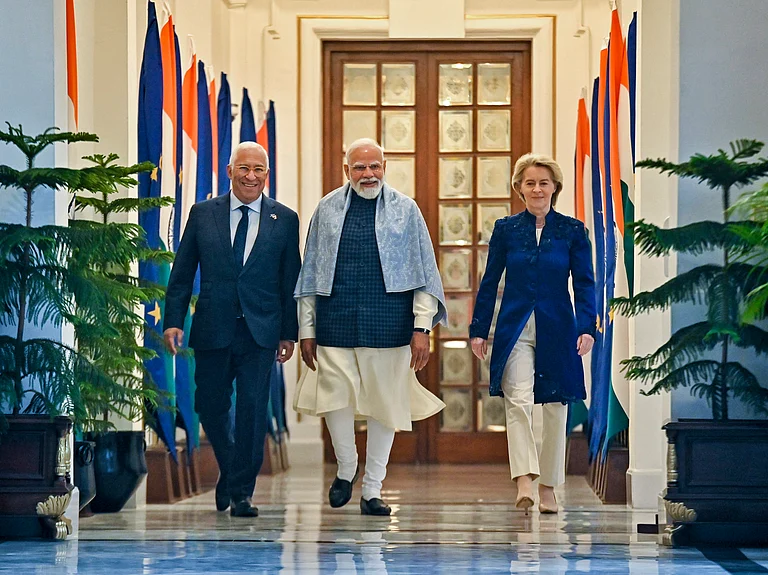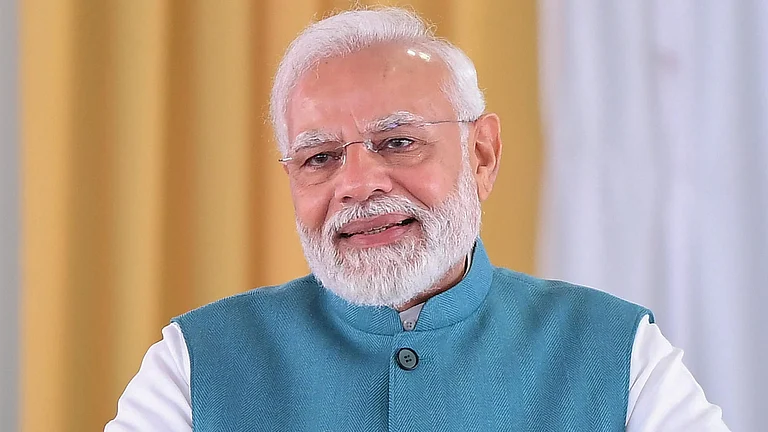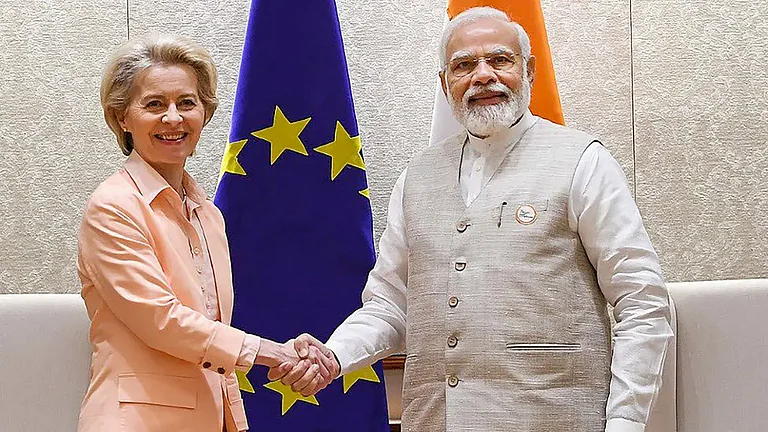Indian travelers who frequently visit Europe will now be able to apply for a multiple-entry Schengen visa that is valid for up to five years, as the European Commission has implemented certain changes to the current regulations.
Herve Delphin, the European Union's envoy to India, announced the new visa system as a further move to strengthen interpersonal connections between the two sides.
What is a Schengen visa?
A Schengen visa is a short-stay visa that allows individuals to travel freely within the Schengen Area, which comprises 26 European countries.
These visas permit stays of up to 90 days within 180 days for purposes such as tourism, business, or visiting family and friends. They are not specific to a particular country within the Schengen Area and do not confer the right to work.
What did EU say?
The European Union issued a notification declaring the multiple entry visas to Indian nationals in the new rules are "more favourable than the standard rules of the visa code that applied to date."
The new visa 'cascade' system for Indian residents in India applying for Schengen visas will offer simpler access to visas with longer validity for travellers with a proven travel record.
According to EU, the adjustments to the visa regulations were made in the context of enhanced relations as part of the EU-India joint agenda on migration and mobility, aiming for extensive collaboration on migration policy between the two parties.
What are new rules of Schengen visa?
New visa 'cascade' regime for India allows Indian nationals to obtain long-term, multi-entry Schengen visas valid for two years after using two visas in the previous three years.
A two-year visa can be followed by a five-year visa if passport validity allows.
Holders enjoy travel rights equivalent to visa-free nationals during visa validity.
Schengen visas permit brief visits up to 90 days within a 180-day period, without specifying a particular purpose or granting work rights.
How many countries are covered by the Schengen area?
The Schengen area consists of 29 European countries of which 25 are EU states.
The countries are Belgium, Bulgaria, Croatia, Czech Republic, Denmark, Germany, Estonia, Greece, Spain, France, Italy, Latvia, Lithuania, Luxembourg, Hungary, Malta, Netherlands, Austria, Poland, Portugal, Romania, Slovenia, Slovakia, Finland and Sweden, along with Iceland, Liechtenstein, Norway and Switzerland.


























